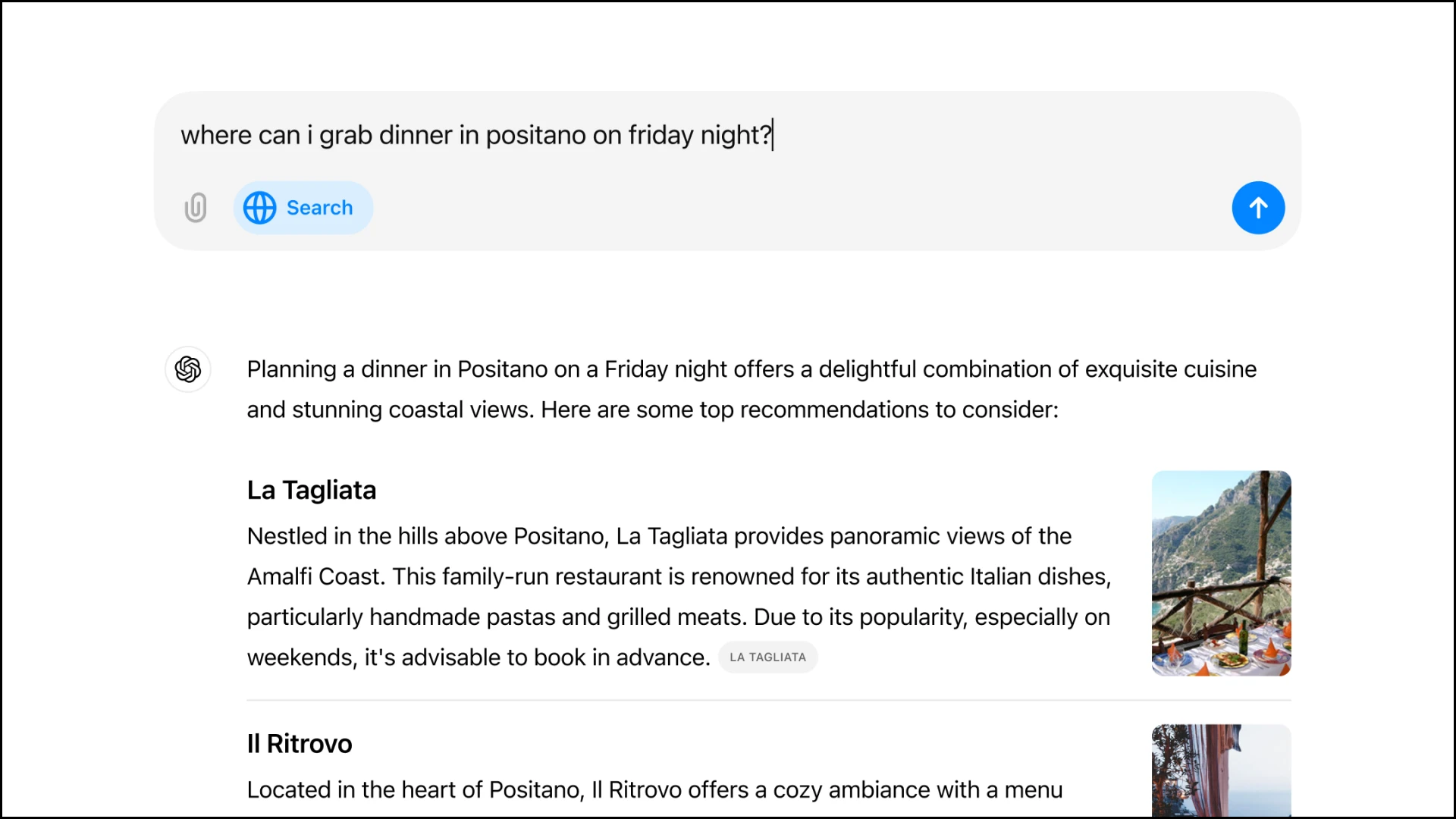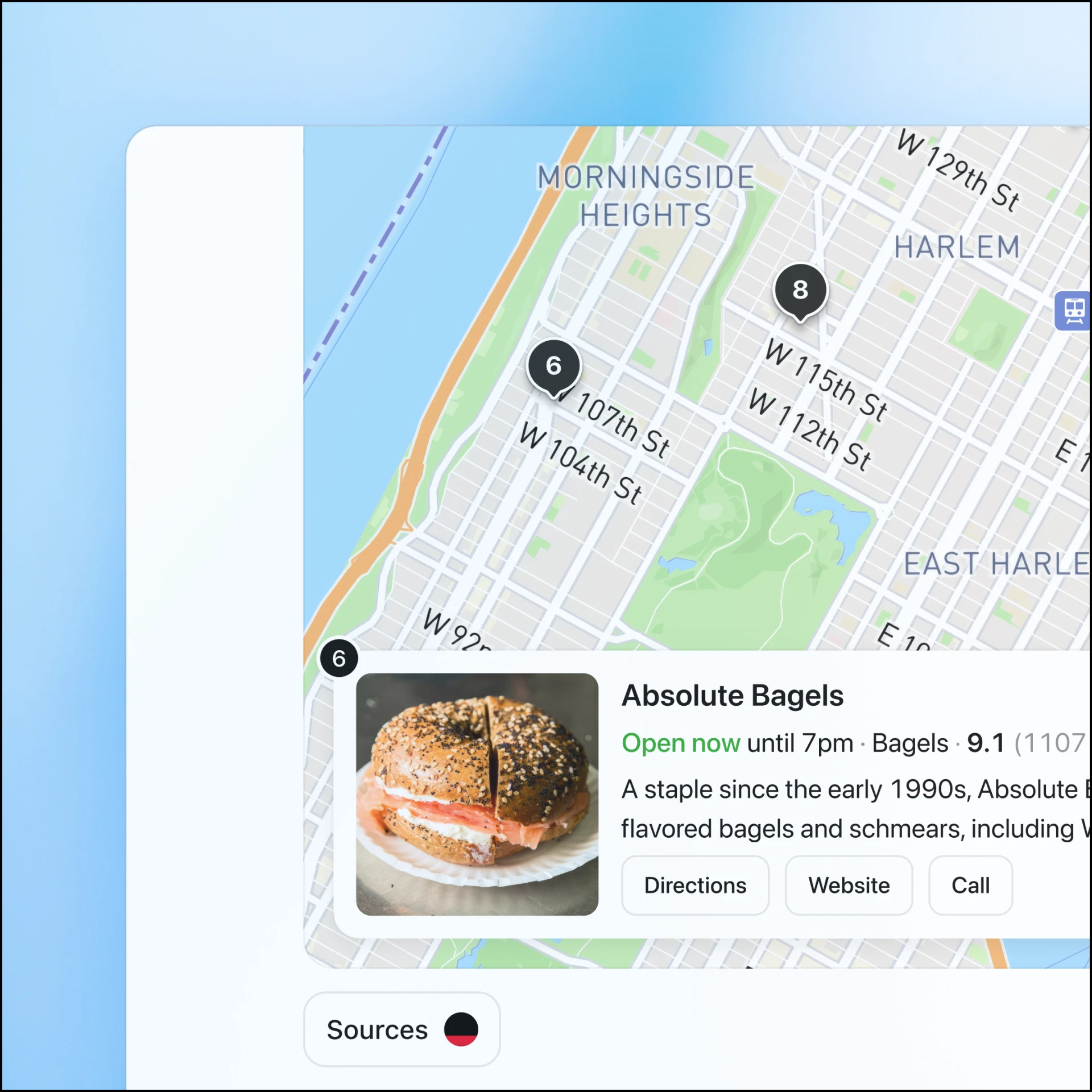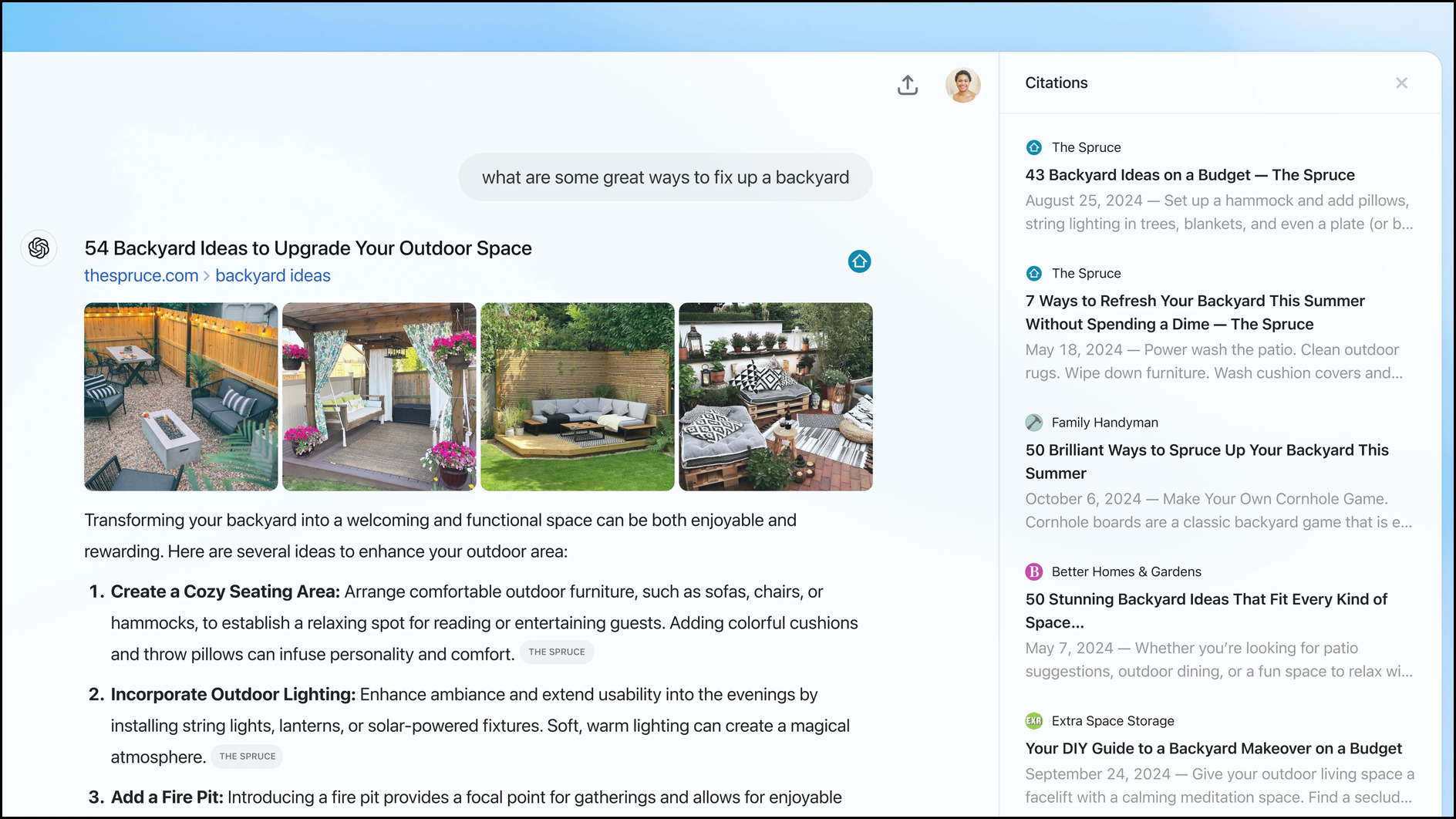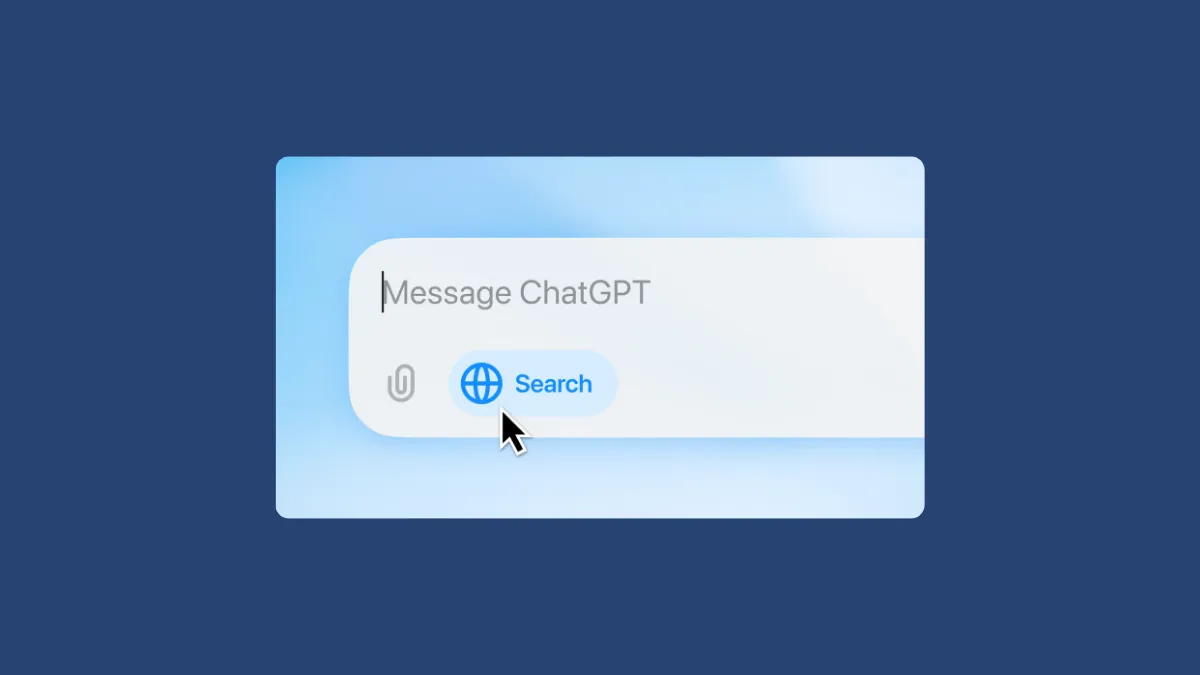A couple of months after releasing their SearchGPT prototype, OpenAI has finally released search features for ChatGPT, evolving it from a simple chatbot into an AI-powered search engine.
ChatGPT Search is available to all Teams and Plus users, as well as users from the SearchGPT waitlist today. Access to Edu and Enterprise users will be rolled out in the coming weeks, with free users gaining access in the coming months. Advanced Voice mode and canvas are also in line to receive this update further down the line.
It makes sense that OpenAI has integrated search features directly into ChatGPT, instead of releasing a separate app; it keeps things more convenient and cohesive, and given how similar the interface for SearchGPT was to ChatGPT, this was inevitable.
How does it work? ChatGPT can determine on its own when to conduct a web search or users can also manually trigger a web search using the dedicated button. Users can also regenerate a response from GPT-4o to search the web.

The Search feature in ChatGPT is a fine-tuned model of their GPT-4o model. It has been "post-trained using novel synthetic data generation techniques, including distilling outputs from OpenAI o1-preview", according to the official release document from OpenAI. The company hopes to further leverage the reasoning capabilities of its o1 model to do deeper research for users, possibly improving (and perhaps even dominating) areas like shopping and travel with the edge it might have over other models.
This fills in one large gap ChatGPT has had with competitors like Gemini and Copilot which have had access to real-time internet and the latest information for quite some time now.
ChatGPT Search will be available across different platforms – the web app, iOS and Android apps, macOS app as well as the new Windows app.
Since Search is integrated into ChatGPT, you can use it to not just search for topics but also go deeper with follow-up questions in a more natural, conversational way. For example, if you used ChatGPT Search to look up restaurant recommendations in San Francisco, you can further refine the search and ask for restaurants that are "more causal and neighborhood-y". ChatGPT will consider the context of the entire chat while answering your queries.
This is only possible with AI-powered search engines. It's also the reason tech companies are zeroing in on it; Meta is reportedly building its own AI search engine and Google itself has been busy integrating AI overviews into its product, rolling it out to more and more countries.
ChatGPT Search also includes some new visual enhancements for different categories like Weather, News, Sports, Stocks, and Maps to support this new venture.

Search results can also include images. ChatGPT's answers will contain clear links to sources and users can also explore a list of sources in a sidebar by clicking on the 'Sources' button at the bottom.

It's clear that, unlike some other AI search engines, OpenAI is intent on cultivating better relationships with publishers. OpenAI has also partnered with various news publishers, like Vox Media, Le Monde, Condé Nast, The Atlantic, Time, Associated Press, and many more, in hopes of avoiding any negative consequences. AI search engines like Perplexity AI, have notoriously plagiarized content from news outlets and are also facing multiple lawsuits for the same.
What will possibly set ChatGPT Search apart from Google currently is the lack of ads on ChatGPT. Currently, OpenAI has no plans of including ads on ChatGPT Search anytime soon. The company has also released a Chrome extension so users can make ChatGPT their default search engine in the Chrome browser.
However, it's interesting to see how OpenAI plans to service such a large number of queries from users if it hopes to become a dominant player in the field and still continue without any ads. Search queries in ChatGPT will be limited by your ChatGPT plan's 4o limits. This will make it less ideal for everyone, but especially for the free users (when the feature rolls out to them).

